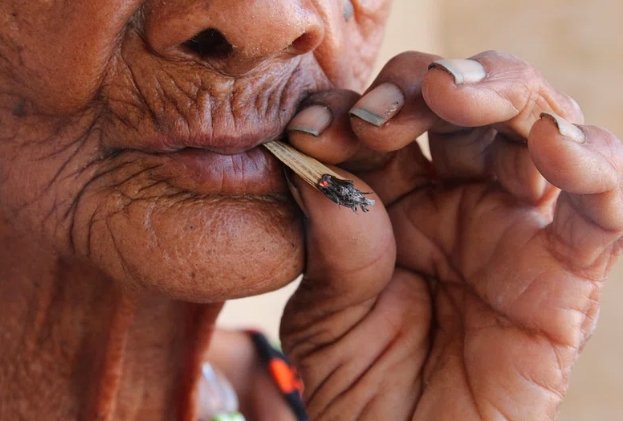A recent study has revealed that teenagers who use both tobacco and cannabis are at a significantly higher risk of developing mental health issues. The research, published in JAMA Network Open, highlights the alarming association between the concurrent use of these substances and increased levels of anxiety, depression, and aggressive behaviors among adolescents. This study underscores the urgent need for integrated treatment approaches to address these comorbidities and protect the mental well-being of young people.
The Study and Its Findings
The study analyzed data from the Population Assessment of Tobacco and Health (PATH) Study, which included a nationally representative sample of U.S. youths aged 14 to 17 years. Researchers found that 5.4% of the participants reported using both tobacco and cannabis in the past 30 days. This concurrent use was associated with higher levels of both internalizing problems, such as anxiety and depression, and externalizing problems, such as impulsivity and aggression.
Interestingly, the study revealed that the risk of externalizing problems was almost twice as high for those using both substances compared to those using either tobacco or cannabis alone. This finding suggests that the combined use of tobacco and cannabis may exacerbate behavioral issues more than the use of either substance individually. The researchers emphasized the importance of addressing these dual-use patterns to mitigate the mental health risks faced by teenagers.

Implications for Public Health
The findings of this study have significant implications for public health strategies aimed at reducing substance use among teenagers. The concurrent use of tobacco and cannabis poses a unique challenge, as it may lead to greater dependence on both substances and more severe mental health outcomes. Public health campaigns need to focus on educating young people about the risks associated with dual use and promoting healthier alternatives.
Moreover, the study highlights the need for integrated treatment approaches that address both substance use and mental health issues simultaneously. By providing comprehensive care that targets both aspects, healthcare providers can better support teenagers in overcoming their challenges and improving their overall well-being. This approach is crucial in preventing the long-term consequences of substance use and mental health disorders.
Recommendations for Parents and Educators
Parents and educators play a vital role in preventing substance use and supporting the mental health of teenagers. Open communication about the risks of tobacco and cannabis use is essential in helping young people make informed decisions. Parents should be vigilant for signs of substance use and mental health issues, such as changes in behavior, mood swings, and academic performance.
Educators can also contribute by incorporating substance use education into the school curriculum and providing resources for students who may be struggling. Schools should create a supportive environment where students feel comfortable seeking help and discussing their concerns. Collaboration between parents, educators, and healthcare providers is key to creating a comprehensive support system for teenagers.



